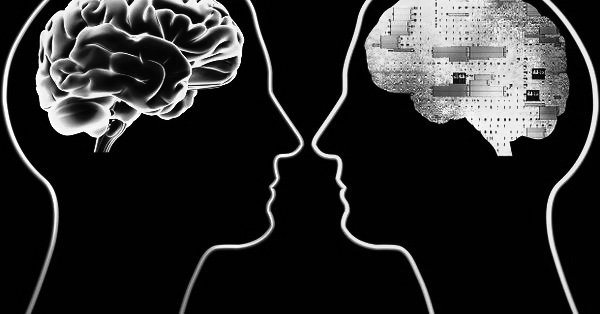New technologies based on digitalization, automation, and artificial intelligence have fundamentally transformed our lives and society as a whole, in just a few decades. These technologies support human well-being and prosperity by enhancing progress and innovation, however, they also have the potential to negatively impact human rights, democracy, and the rule of law. Discrimination, the violation of privacy, increasing surveillance, the weakening of personal autonomy, disinformation and electoral interference are but a few of the many concerns. This paper examines the specific human rights implications of AI-driven systems through the lens of the most important international instruments adopted by the UN and regional human rights mechanisms. The paper shows how AI can affect the exercise of all human rights, not only a most obvious few. In line with major international organizations, the author calls on decision-makers to take a precautionary approach by adopting AI regulations that are consistent with the standards of fundamental human rights, and that balance the realization of the opportunities with the potential risks which AI presents.

























